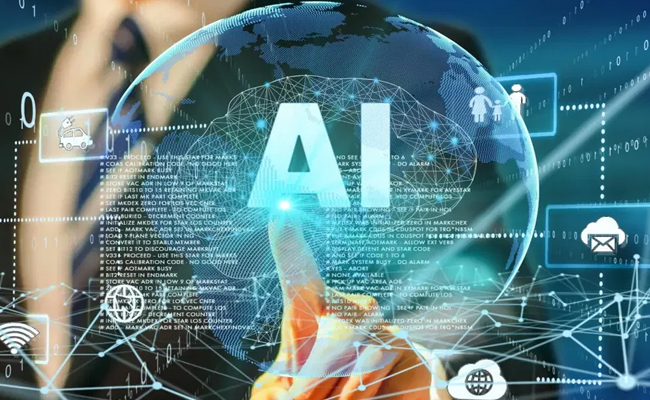
India

Since the arrival of Artificial Intelligence (AI), our daily lives have undergone sweeping changes. From writing content to ordering groceries, AI now completes tasks at the click of a button. What once seemed like science fiction has today become routine reality. Modern AI is enabling a more human-like, efficient way of functioning. Yet, when it comes to jobs, there’s undeniable global concern — AI has silently begun threatening many employment opportunities.
India too has stepped into the AI stream. Quick engineers and productivity hacks are plentiful in our country. But when examined deeply, the real opportunities lie elsewhere. The future depends not just on using AI, but on understanding, questioning, and designing it strategically.
Across the nation, professionals are experimenting with tools that generate résumés in seconds and automate workflows in minutes. While exciting and empowering, this trend raises an important question: are we pursuing the wrong kind of skills? Building machines is only the start. The real difference comes from predicting what happens next. The hard truth is that we’re nurturing users of AI rather than builders of AI — a future even India never imagined.
India is one of the world’s largest tech talent pools. According to the Wheebox India Skills Report 2025, the country already had over 416,000 AI-ready professionals by 2023 and is expected to cross 1 million by 2026. A Bain & Company study further projects that by 2027, India will have over 2.3 million AI-related job openings. However, the worrying part is that nearly 1 million of these roles may remain vacant due to the growing gap between skills and strategic application.
Our systems continue to churn out talent for outdated roles, while AI is racing ahead. In fast-growing domains like Generative AI, only 1 in 10 roles currently find qualified candidates. Even where AI literacy is growing, deeper skills are lagging. Nearly 50% of India’s workforce received no training in FY24–25, and most training happens only when mandated. This widening gap between corporate priorities and personal ownership risks leaving much of the talent underprepared.
Today’s AI-driven roles don’t need isolated analysts but cross-functional experts who can understand models, fine-tune them, think ethically, and act strategically. For instance, an AI product manager in BFSI must navigate machine learning, compliance, customer behavior, and UX simultaneously. Data science isn’t being replaced by AI; it is being redefined through AI.
For Gen Z, this is critical. They seek personalized, immersive, real-world learning rather than passive certifications. True AI literacy demands more than quick writing skills; it requires the ability to design, question, and innovate. Prompt engineers, data ethicists, and climate analysts represent how industries are rapidly evolving. These roles are no longer limited to tech — they are becoming vital in manufacturing, logistics, cement, oil & gas, and agriculture. As AI penetrates every sector, the demand for system-level strategic thinkers will only rise. The choice before us: embrace and lead this change, or risk becoming casualties of the next industrial revolution.
A Reset in Education
As AI adoption grows, many academic programs now teach AI and Data Science. But these efforts often create technically aware graduates who are not strategically prepared. To bridge this disconnect, institutions worldwide — including upGrad — are embedding applied AI thinking, tools, and scaling strategies into curricula. What’s needed are AI-native data science courses that align with industry needs and train professionals through practical, hands-on experience.
It’s not just about teaching code. The real challenge is developing leaders who can critically assess how AI interacts with society, governance, and business. Currently, India contributes only 9.2% to global AI research, compared to China’s 23.2% and Europe’s 15.2%. Without deeper investments, India risks wasting both its population advantage and its digital edge.
To remain competitive, India must double down on strategic AI capabilities. Beyond prompt users, the future will demand system thinkers, AI ethicists, deployment architects, and applied researchers. The coming decade will not be about who adopted AI first — but about who understood it deeply enough to lead. For India, this is the moment to step forward with clarity and conviction.
Advertisment